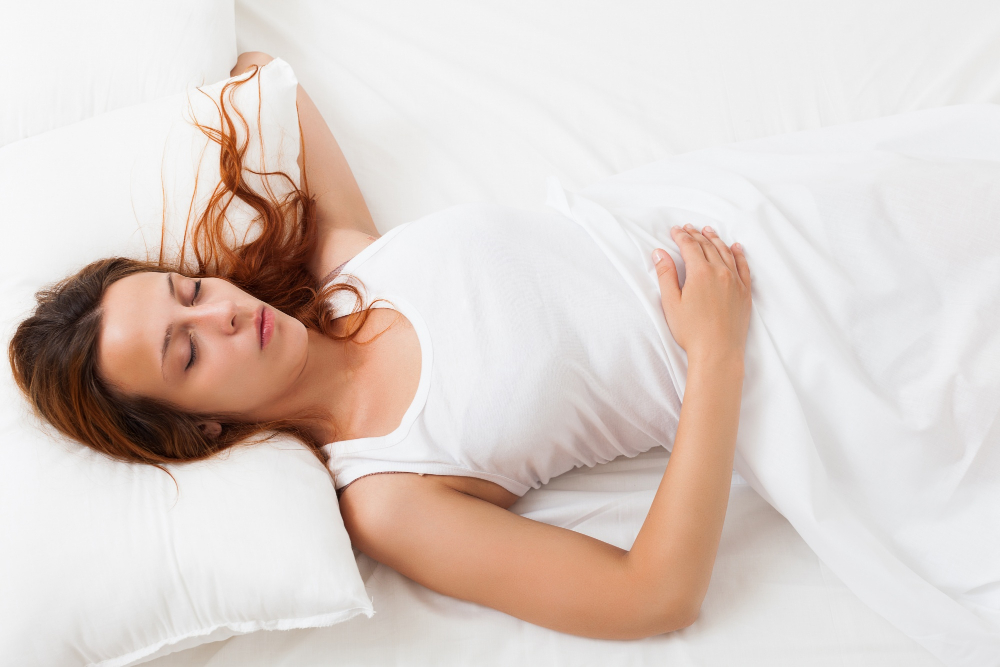use technology the hour before sleep, and that number increases among children, with 75% using devices. Habits like these are known to affect sleep quality, suggesting that what we do before bedtime has a lot to do with how well we slumber. From that late-night caffeine fix to the hypnotic allure of clock-watching, try to avoid these sleep-disrupting habits Blue light too close to bedtime The screens on your electronic devices emit blue light, which can interfere with your body’s production of melatonin, the sleep hormone. The solution? Avoid electronic devices within an hour of bedtime. If you can’t resist that last-minute text or email, consider wearing blue light glasses, which can help mitigate the impact of screens on your sleep.
Clock watching in the middle of the night You’re tossing and turning while peeking at the clock to see how many precious minutes of sleep you’ve lost. This subconscious habit can trigger stress and make it harder to fall back asleep. Instead, turn your clock away from your bed. If you wake up during the night, focus on keeping your body relaxed, keeping your eyes closed, and thinking calming thoughts.
Alcohol or caffeine in the evenings That nightcap or late-afternoon coffee may seem harmless, but they can disrupt your sleep patterns. Alcohol might help you fall asleep initially, but it often leads to fragmented and less restorative sleep. Caffeine, on the other hand, is a well-known stimulant that can keep you awake. Avoid both in the hours leading up to bedtime
Recharge Your Body 14 Ways To Get Quality Sleep



